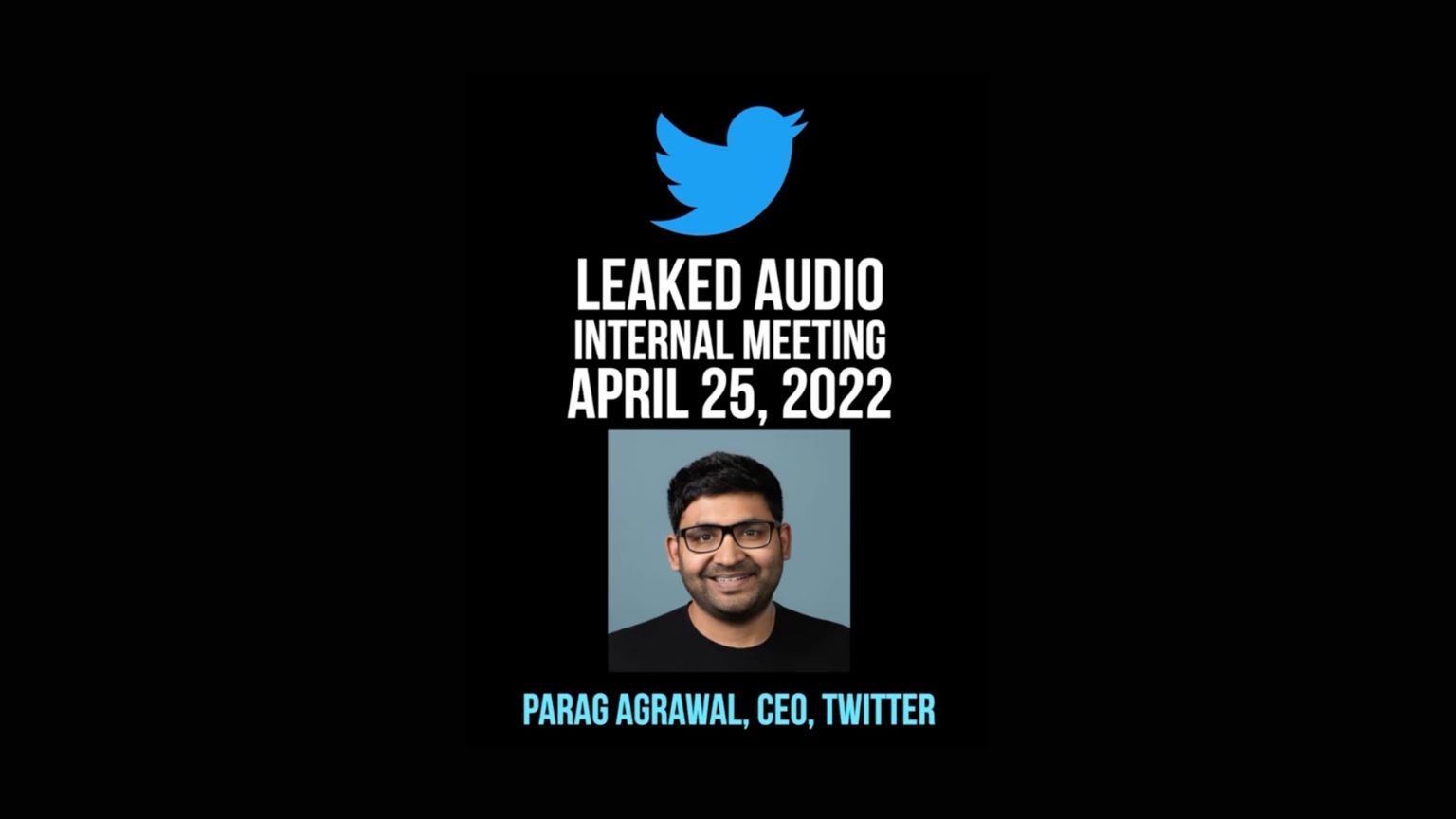Leaked audio of a Twitter meeting has shed some light on the goings on behind the scenes at Twitter during the transition to the platform being taken private by entrepreneur Elon Musk.
Audio recorded Monday was shared by Project Veritas and highlights that Elon Musk is making the support for free speech a large reason for his bid and that it will create contention with the platform’s censorship department.
Leslie Berland, Twitter’s Chief Marketing Officer read a statement from a Twitter employee: “Elon made it clear in public that a large part of the reason he bought the platform was because of our moderation policies and disagreements in how we deal with health. This puts Twitter service and Trust and Safety, as well as anybody who cares about health on the platform, in a very difficult position.”
Twitter’s CEO Parag Agrawal, also in the audio, responded, “I believe Twitter grows as a service, allows for more people to use the product and have a better experience because we’re able to make the conversation on Twitter be safe because we have built tools, processes for people to be able to feel safe and control their experiences. I believe that there is a lot of work we have to do to continue making that better. Sometimes that means more thoughtful moderation, sometimes that means making things simpler, sometimes that means changing product incentives to be able to solve problems through products sometimes instead of policies.”
In a far-reaching November 2020 interview, Twitter’s new CEO Parag Agrawal, who was the company’s Chief Technology Officer (CTO) at the time, rejected free speech protections that are enshrined in the First Amendment of the US Constitution, wished the company had censored QAnon sooner, and touted the company’s approach of censoring content based on “potential for harm.”
“Our role is not to be bound by the First Amendment, but our role is to serve a healthy public conversation and our moves are reflective of things that we believe lead to a healthier public conversation,” Agrawal said in response to a question about protecting free speech as a core value and the role of the First Amendment.













